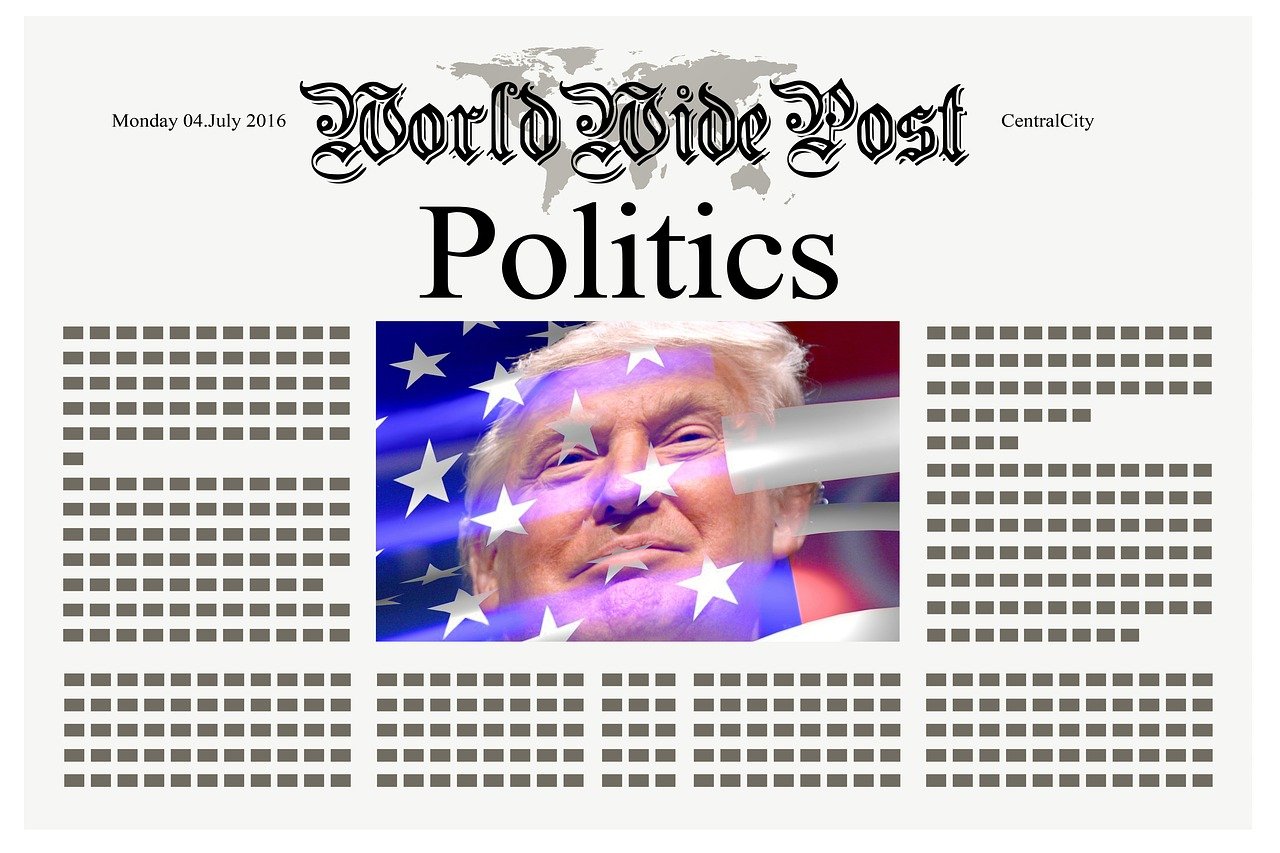
The Role of Digital Campaigns in the 2022 Philippine Elections: A Revolution or a Problem?
The 2022 Philippine elections marked a significant shift in how political campaigns are conducted in the country. As the world becomes increasingly interconnected through digital means, the role of digital campaigns has become more prominent, raising the question: Are these digital campaigns a revolution in political engagement or a potential problem for the democratic process?
Introduction to Digital Campaigns in the Philippines
In recent years, the digital landscape in the Philippines has evolved dramatically, driven by increasing internet penetration and the widespread use of social media platforms. With over 70 million internet users, the Philippines has become one of the most digitally connected countries in Southeast Asia. This connectivity has opened up new avenues for political campaigns, allowing candidates to reach a broad audience quickly and efficiently.
During the 2022 elections, digital campaigns were at the forefront, with candidates utilizing platforms such as Facebook, Twitter, and YouTube to disseminate their messages, engage with voters, and mobilize support. The question remains whether this digital shift has been beneficial or detrimental to the democratic process.
The Advantages of Digital Campaigns
Digital campaigns offer several advantages that have transformed how political campaigns are conducted in the Philippines.
Wider Reach and Accessibility
One of the primary benefits of digital campaigns is the ability to reach a wider audience. With a large portion of the population active on social media, candidates can engage with voters across the country, including those in remote areas who may not have access to traditional campaign events. This increased reach facilitates greater participation in the democratic process, ensuring that more voices are heard.
Cost-Effectiveness

Traditional campaign methods, such as television ads and physical rallies, can be expensive. In contrast, digital campaigns offer a cost-effective alternative, allowing candidates to allocate resources more efficiently. This cost-effectiveness is particularly advantageous for smaller parties or independent candidates who may not have the financial backing of larger political entities.
Real-Time Engagement and Feedback
Digital platforms enable candidates to engage with voters in real-time, providing opportunities for immediate feedback and interaction. This direct communication fosters a sense of connection between candidates and constituents, allowing for a more personalized campaign experience. Voters can ask questions, express concerns, and provide input, making the political process more interactive and participatory.
The Challenges and Risks of Digital Campaigns
While digital campaigns offer numerous benefits, they also present several challenges and risks that must be addressed to ensure a fair and democratic electoral process.
Misinformation and Fake News
The spread of misinformation and fake news on digital platforms is a significant concern. During the 2022 Philippine elections, there were instances where false information was disseminated through social media, potentially influencing voters’ perceptions and decisions. Addressing this issue requires stricter regulations and mechanisms to verify the accuracy of information shared online.
Echo Chambers and Polarization
Social media algorithms often tailor content based on users’ preferences, creating echo chambers where individuals are exposed primarily to information that aligns with their existing beliefs. This can lead to increased polarization, as voters become less exposed to diverse perspectives. Encouraging critical thinking and promoting diverse viewpoints are essential to mitigating this risk.
Data Privacy Concerns
The use of digital platforms for political campaigns raises concerns about data privacy and the potential misuse of personal information. Ensuring that data collection and processing comply with data protection laws is crucial to maintaining public trust and safeguarding citizens’ privacy.

Case Studies: Successes and Failures
Examining specific cases from the 2022 Philippine elections can provide insights into the effectiveness of digital campaigns.
Successful Digital Campaigns
Several candidates effectively utilized digital platforms to enhance their campaigns. For instance, candidates who embraced a multi-platform approach, combining social media engagement with traditional campaign strategies, were able to reach a broader audience and increase voter turnout. By leveraging social media influencers and creating viral content, these candidates successfully captured the public’s attention and mobilized support.
Challenges Faced by Digital Campaigns
Conversely, some candidates faced challenges in their digital campaigns due to a lack of digital literacy or inadequate resources to manage online platforms effectively. In some cases, negative online campaigns and cyberattacks targeted candidates, highlighting the need for robust digital security measures and strategies to counteract online harassment.
The Future of Digital Campaigns in Philippine Politics
The role of digital campaigns in Philippine politics is likely to continue growing, driven by technological advancements and changing voter behaviors. However, it is essential to address the challenges and risks associated with digital campaigns to ensure they contribute positively to the democratic process.
Moving forward, policymakers and stakeholders must collaborate to establish clear guidelines and regulations for digital campaigns, promote media literacy among voters, and foster a culture of transparency and accountability. By doing so, the Philippines can harness the potential of digital campaigns while safeguarding the integrity of its electoral process.
Takeaways

The 2022 Philippine elections demonstrated that digital campaigns are both a revolution and a potential problem. While they offer significant advantages in terms of reach, cost-effectiveness, and engagement, they also present challenges related to misinformation, polarization, and data privacy. To maximize the benefits of digital campaigns and minimize their risks, a balanced approach that combines innovation with regulation is essential.
Ultimately, the success of digital campaigns in enhancing the democratic process depends on the collective efforts of candidates, voters, and policymakers to adapt to the evolving digital landscape responsibly. By embracing the opportunities and addressing the challenges, the Philippines can pave the way for a more inclusive and participatory political future.
For more in-depth analysis and information on digital campaigns and their impact on global elections, you can visit Brookings Institution and Pew Research Center. Additionally, insights into media literacy and its importance in the digital age can be found at Media Literacy Project. For a comprehensive overview of data privacy laws and their implications for political campaigns, refer to Electronic Frontier Foundation.
Lessons Learned from the 2022 Elections
As we reflect on the 2022 Philippine elections, several key lessons emerge that can inform future electoral strategies and policies.
The Importance of Digital Literacy
One critical takeaway is the need for enhanced digital literacy among both voters and candidates. As digital platforms become central to political campaigns, understanding how to navigate these spaces, critically evaluate information, and recognize misinformation is crucial. Integrating digital literacy education into curriculums and public awareness campaigns can empower citizens to participate more effectively in the digital political landscape.
Building Trust Through Transparency

Transparency in digital campaigns is essential to building voter trust. Candidates must clearly communicate their policies, funding sources, and digital strategies to the public. Moreover, disclosing the use of data analytics and targeted advertising can help demystify digital campaign tactics and foster a culture of accountability.
Regulations and Ethical Standards
The rapid rise of digital campaigns necessitates the development of comprehensive regulations and ethical standards. Establishing clear rules regarding the use of data, online advertising, and the dissemination of political content can help maintain a level playing field. Furthermore, enforcing these regulations and holding violators accountable is crucial to ensure fairness and integrity in the electoral process.
Collaboration Between Stakeholders
Addressing the challenges posed by digital campaigns requires collaboration between various stakeholders, including government agencies, tech companies, civil society organizations, and the media. By working together, these entities can develop effective strategies to combat misinformation, protect data privacy, and promote a healthy online political environment.
Global Perspectives on Digital Campaigns
The experiences of the 2022 Philippine elections can also be viewed in the context of global trends in digital campaigning. Many countries are grappling with similar challenges and opportunities presented by the digital age.
For example, in the United States, digital campaigns have become a staple of the political landscape, with significant investments in online advertising and data analytics. However, concerns about data privacy, election interference, and the spread of misinformation remain prevalent. Organizations like the National Democratic Institute are actively working to address these issues by promoting transparency and ethical standards in digital campaigns.

Similarly, in Europe, the General Data Protection Regulation (GDPR) sets a precedent for data privacy laws, influencing how political campaigns handle personal data. The GDPR serves as a model for other regions looking to enhance data protection and maintain voter trust in the digital era.
Looking Ahead: The Future of Digital Campaigns
As technology continues to evolve, the nature of digital campaigns will undoubtedly change, presenting new challenges and opportunities. Emerging technologies such as artificial intelligence, virtual reality, and blockchain may further transform how candidates interact with voters and conduct campaigns.
Artificial intelligence, for instance, could be used to analyze voter sentiment more accurately and tailor campaign messages accordingly. Virtual reality could create immersive campaign experiences, allowing voters to engage with candidates in innovative ways. Meanwhile, blockchain technology offers potential solutions for secure and transparent voting processes, addressing concerns about election integrity.
To harness these advancements responsibly, it is crucial for policymakers, technologists, and political leaders to remain vigilant and proactive. By anticipating future trends and implementing forward-thinking policies, the Philippines can continue to lead the way in leveraging digital technologies for democratic engagement.
Conclusion: Balancing Innovation and Integrity
The role of digital campaigns in the 2022 Philippine elections highlights both the transformative potential and the inherent challenges of the digital age. As the nation moves forward, striking a balance between embracing technological innovation and upholding democratic integrity will be key.
By learning from past experiences, fostering collaboration, and prioritizing transparency and accountability, the Philippines can ensure that digital campaigns serve as a force for positive change, empowering citizens and strengthening the democratic process. As digital campaigns become an integral part of the political landscape, the lessons learned from the 2022 elections will continue to shape the future of Philippine democracy.



